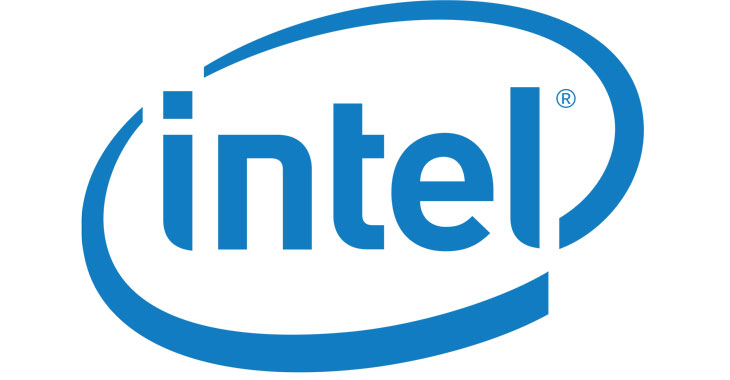
The Speed and Security of Intel CPUs
April 2018: Similar lawsuits were transferred to the same court to be heard together. Click here and here to read two of the transfer orders. (In Re: Intel Corp. CPU Marketing, Sales Practices and Products Liability Litigation, Case No. 18-md-2828, U.S. Judicial Panel on Multidistrict Litigation)
January – March 2018: Multiple class-action lawsuits were filed against Intel Corporation for allegedly misleadingly marketing the speed and security of its CPUs because, according to the complaints, the CPUs suffer from a security defect that allows hackers to access information on computers and devices and the “patch” to fix the problem slows the speed of the CPUs. Some of the complaints also allege that the “patch” does not fix the security defect. Click on the links below to read some of the complaints.
- Bernstein et al v. Intel Corp., Case No. 18-cv-670, E. D. NY.
- East et al v. Intel Corp., Case No. 18-cv-1733, N. D. CA.
- Fooshee et al v. Intel Corp., Case No. 18-cv-1461, N. D. CA.
- Henderson et al v. Intel Corp., Case No. 18-cv-413, D. OR.
- Jones et al v. Intel Corp., Case No. 18-cv-579, S. D. IN.
- Murphy et al v. Intel Corp., Case No. 18-cv-666, C. D. IL.
- Park et al v. Intel Corp., Case No. 18-cv-742, N. D. CA.
- Phillips et al v. Intel Corp., Case No. 18-cv-389, D. OR.
- Robbins et al v. Intel Corp., Case No. 18-cv-667, D. NJ.
- Rosenberg et al v. Intel Corp., Case No. 18-cv-668, E. D. NY.
- Storey et al v. Intel Corp., Case No. 18-cv-665, D. NM.
- West et al v. Intel Corp., Case No. 18-cv-357, N. D. AL.
Class-Action Tracker

The Latest

Sponsored Endorsements: FTC Isn’t Your Only Concern
Meegan Brooks and Anthony Anscombe, Law360

TurboTax Free
Spoiler: Filing your taxes with this product “could cost you money” and those are TurboTax’s words.

CATrends: Rapid Release Pain Relief Medications
These claims are tough to swallow.

HonorSociety.org
What’s the honor of being a member of this honor society? And what real benefits does it offer?

Reliant Funding
Direct mail comes deceptively packaged as an “account reminder.”